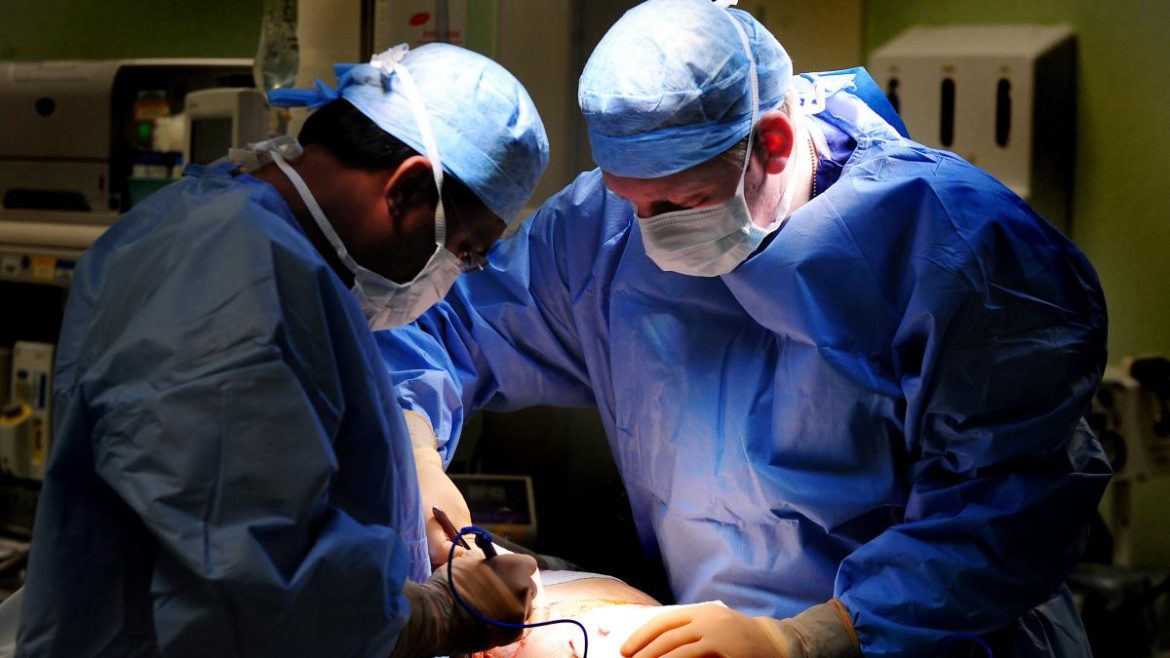Scotland has become the first country in the world to stop its hospitals from using the anaesthetic desflurane because of the threat it poses to the environment as NHS data suggests the gas, used to keep people unconscious during surgery, has a global warming potential 2,500 times greater than carbon dioxide.
Banning it in Scotland from when its use peaked in 2017 would cut emissions equal to powering 1,700 homes a year.
NHS England will introduce a similar ban from 2024, and prohibits its use for anything but exceptional circumstances as it would cut harmful emissions equivalent to those caused by powering 11,000 homes every year, according to NHS analysis of desflurane use in 2020.
Many hospitals have switched to safe and effective anaesthetic gases with less warming potential such as sevoflurane, which has a global warming potential 130 times that of carbon dioxide, or to using alternative non-gaseous anaesthetics and more efficient equipment.
Scottish Health and Social Care Secretary, Humza Yousaf, said: “Programmes like this are key to our transition to become a net-zero health service, whilst ensuring patient safety remains at the heart of every clinical decision.
However, some experts have said the ban is only the start and just a drop in the ocean of the NHS carbon footprint” and called for concentration on all the other major things that can make a difference too – such as tackling old hospital buildings that are difficult to heat.
Overall, anaesthetic gasses make up about 2-5% of the NHS’s carbon footprint, and efforts are under way to tackle other medical gases like nitrous oxide.
NHS England’s net-zero strategy includes looking at more environmentally friendly heating and lighting systems, greener vehicles and examining the environmental impact of how medicines and equipment are supplied to the NHS.
Story was adapted from BBC.
